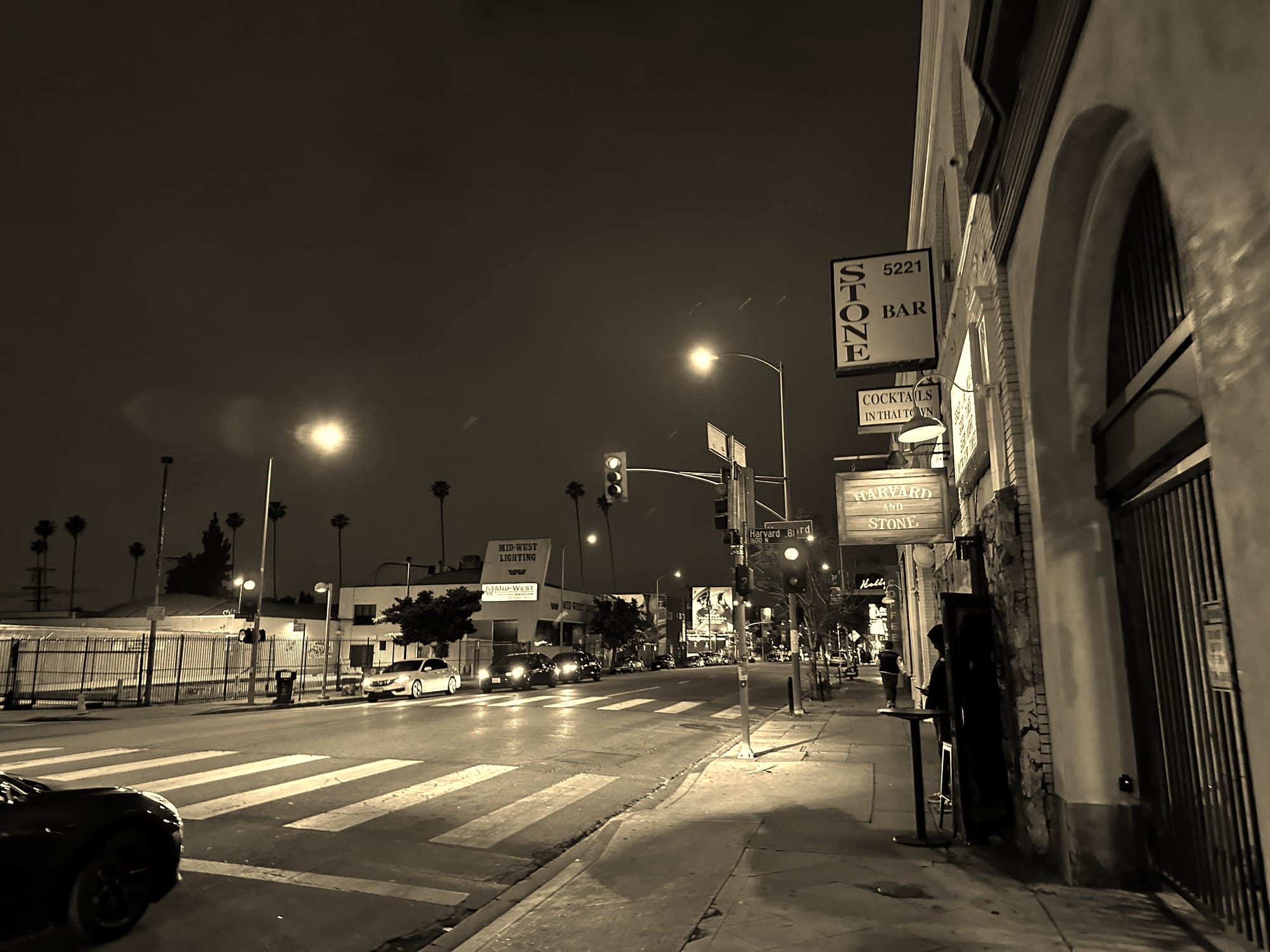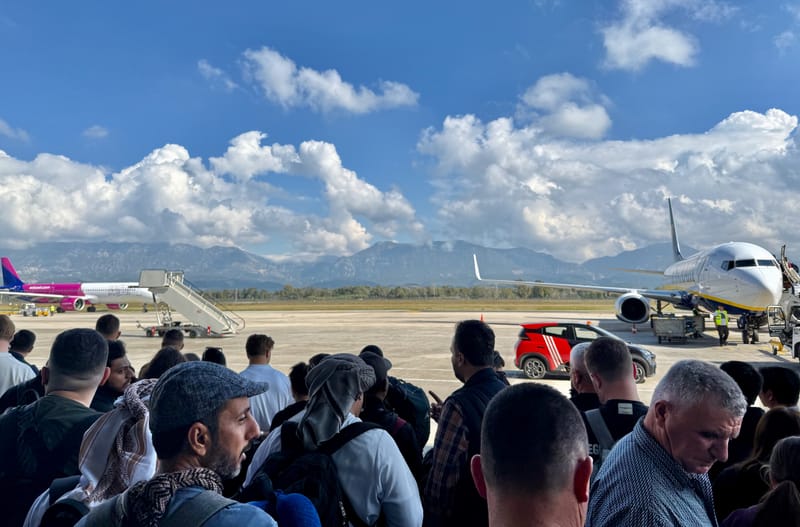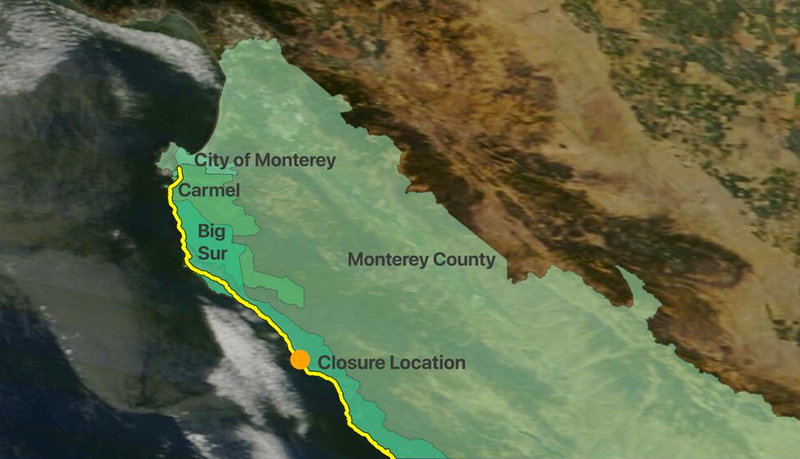What California's "Junk Fee Bill" Means for Restaurant and Bar Owners
California's SB 1524, a.k.a. the "Junk Fee Bill," brings transparency to restaurant fees, requiring clear disclosures of mandatory charges by July 2025.

California's Senate Bill No. 1524 directly addresses concerns over hidden fees in the food and beverage industry. Signed into law by Governor Gavin Newsom in June 2024, the so-called "Junk Fee Bill" provides a clear framework for disclosing mandatory fees, ensuring transparency for customers while balancing the operational needs of restaurants and bars. Although the law took effect immediately, businesses have until July 2025 to comply with enhanced text standards.
The legislation amends the Consumers Legal Remedies Act (CLRA) and allows businesses to continue charging mandatory fees—provided they are clearly disclosed and their purpose is explained. This change carries significant implications for food service providers, presenting both challenges and opportunities to improve customer trust and satisfaction.
Here's what it means for restaurant and bar owners.
What is SB 1524?
Overview of the Bill
SB 1524 modifies California’s consumer protection laws to allow mandatory fees under certain conditions, while delaying a previously scheduled ban on such charges.
- Delays Ban on Mandatory Fees: Originally set to take effect in July 2024, the ban was postponed to July 2025. This gives restaurants and bars a year to adapt their materials and practices to meet the updated standards.
- Transparency Requirement: Businesses can continue charging mandatory fees if they are clearly disclosed and explained on menus, advertisements, or contracts.
The law explicitly states:
A mandatory fee or charge under clause (i) shall be clearly and conspicuously displayed, with an explanation of its purpose, on any advertisement, menu, or other display that contains the price of the food or beverage item.
Key Provisions of SB 1524
Exemptions for the Food and Beverage Industry
The law outlines specific exemptions to accommodate the unique needs of the food service sector:
- Included Businesses: Restaurants, bars, grocery stores, food concessions, and catering services are all covered by the exemption.
- Excluded Businesses: Third-party delivery platforms such as DoorDash and Uber Eats are not exempt. They must adhere to broader pricing transparency rules.
Governor Newsom signed CRA cosponsored bill, SB 1524 (Dodd & Wiener), into law! It’s effective immediately & allows restaurants to choose best pricing models for their operations, guests & team-members. @SenBillDodd, @Scott_Wiener, @AsmAguiarCurry, @AsmJesseGabriel, @AsmMattHaney pic.twitter.com/pDayeKgNLj
— @CalRestaurants (@CalRestaurants) June 29, 2024
Transparency Requirements
- Disclosure on Menus and Contracts: Mandatory fees must be clearly disclosed with an explanation of their purpose. This applies to all charges, such as service fees added to bills.
- Upcoming Text Standards: By July 1, 2025, all disclosures must meet stricter standards for being "clear and conspicuous," eliminating room for ambiguity or misunderstandings.
What Does SB 1524 Mean for Your Business?
Transparency and Fair Practices
SB 1524 seeks to address consumer frustration over hidden fees, often referred to as "junk fees." By requiring clear disclosure, the law ensures customers know exactly what they’re paying for, reducing misunderstandings and fostering trust. For businesses, this is an opportunity to align with customer expectations and build goodwill.
By providing upfront transparency about mandatory fees—whether they support staff wages or cover operational costs—you can help customers make informed decisions and feel more confident in their dining experience.
Enforcement of the CLRA
Compliance with SB 1524 is legally enforceable through the Consumers Legal Remedies Act (CLRA). If your business fails to adhere to the law’s disclosure requirements, consumers can:
- File complaints with consumer protection agencies.
- Pursue legal action, with damages under the CLRA set at a minimum of $1,000 per violation.
To avoid penalties, ensure all materials meet the law’s standards and are updated by the July 2025 deadline.
Conclusion
SB 1524 represents an important shift in California’s approach to pricing transparency. For restaurants and bars, it’s more than a compliance requirement—it’s an opportunity to build stronger relationships with customers by being upfront about fees.
By meeting the law’s requirements, your business can avoid legal issues, gain customer trust, and maintain a competitive edge in the hospitality industry. As the July 2025 deadline approaches, proactive planning and communication will ensure a smooth transition and demonstrate your commitment to fairness and transparency.






